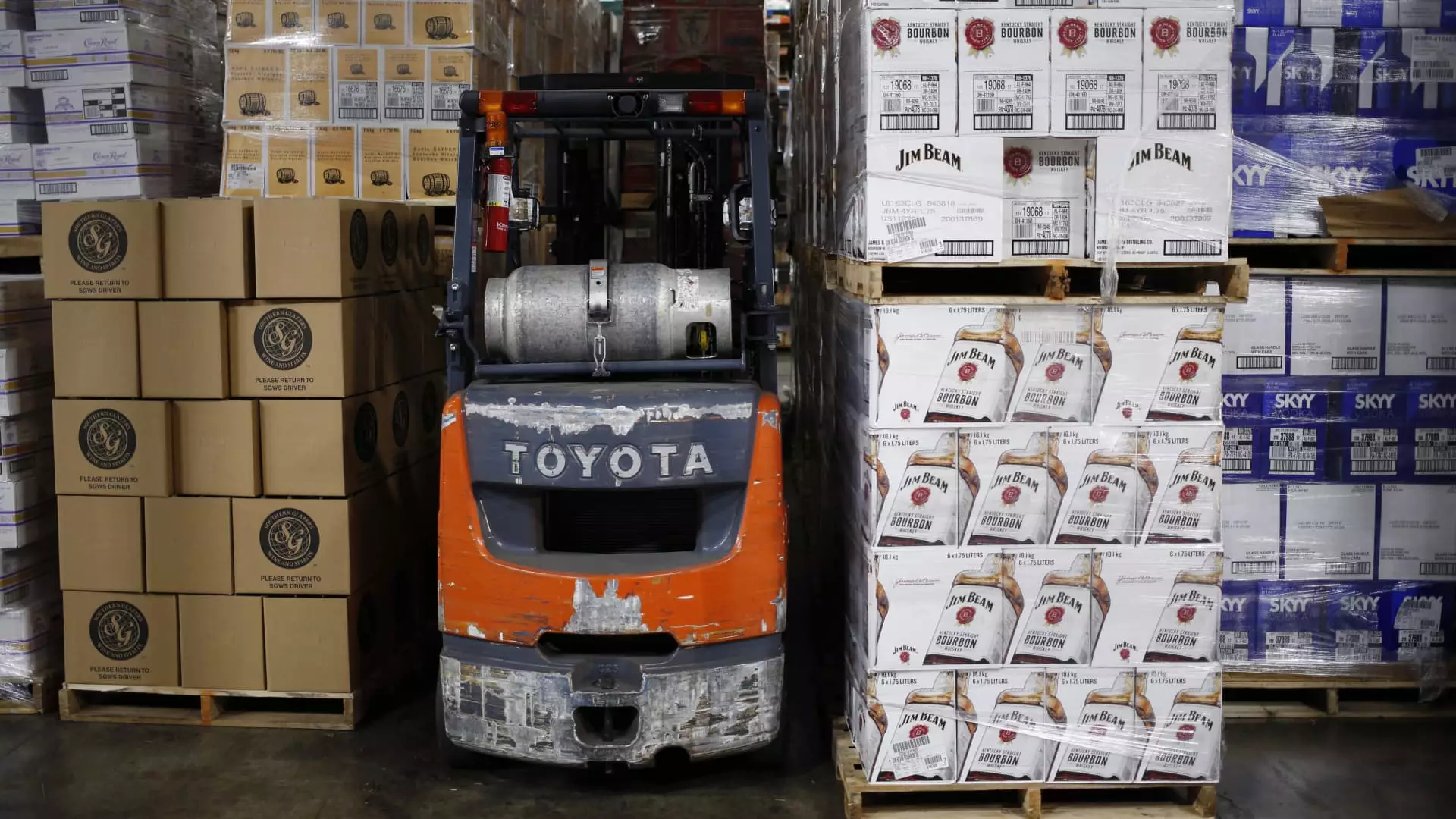In a significant development, the Federal Trade Commission (FTC) has launched a lawsuit against Southern Glazer’s Wine and Spirits, the largest distributor of wine and spirits in the United States. The allegations are serious: the company is accused of engaging in illegal price discrimination that allegedly grants substantial pricing advantages to major retail chains such as Costco, Kroger, and Total Wine & More. For smaller retailers, including local grocery stores and independent liquor shops, this practice has resulted in an unlevel playing field in the competitive market.
Southern Glazer’s Wine and Spirits, recognized as one of the largest privately held companies in the nation with a staggering revenue of approximately $26 billion in 2023, reportedly manipulates pricing structures to benefit its major retail partners. The suit claims that the distributor provides steep discounts and rebates to larger chains while neglecting smaller businesses. This not only limits smaller retailers’ access to competitive pricing but also undermines their ability to attract customers, leading to a decline in local enterprise viability.
The Robinson-Patman Act, which prohibits such discriminatory pricing practices, is central to the FTC’s complaint. The Act was established to ensure fair competition among businesses of varying sizes. By allegedly flouting this law, Southern Glazer’s is accused of contributing to a stifling market environment where the choices for consumers diminish and prices inflate—a concerning consequence for communities reliant on diverse local businesses.
Lina Khan, the chair of the FTC, has expressed the agency’s commitment to reestablishing fairness in the marketplace. “When local businesses get squeezed because of unfair pricing practices that favor large chains, Americans see fewer choices and pay higher prices,” she stated. The central theme of Khan’s comment emphasizes the detrimental impact of unequal pricing on consumers—highlighting how community-oriented businesses often struggle under competitive pressures that arise from systemic discrimination.
In an era where consumers are becoming increasingly aware of corporate practices, the ramifications of this lawsuit extend beyond mere legalities; it raises vital questions about the integrity of market conditions in the alcohol distribution sector—a critical component of both regional economies and consumer culture.
This lawsuit marks an essential moment for the future landscape of U.S. retail, particularly in the wine and spirits sector. As it progresses, the case will likely spark broader conversations about pricing ethics across industries. If the FTC prevails, it may not only lead to significant operational changes within Southern Glazer’s but also set a precedent for other distributors, compelling them to reassess their pricing strategies to ensure compliance with antitrust laws.
While the legal proceedings unfold, the implications of this case are profound. The ultimate outcome may redefine how major distributors operate and their relationship with local businesses, reinforcing the need for a balanced market where both small and large enterprises can thrive equitably.

Leave a Reply